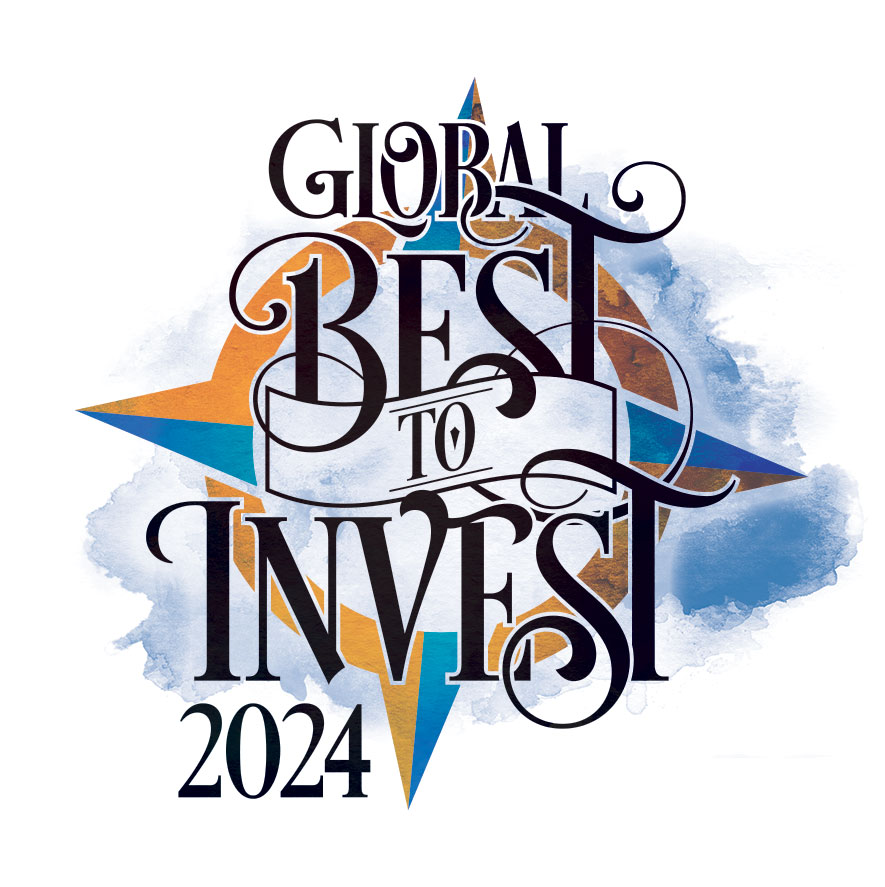Why should global rankings matter if the whole world is deglobalizing and reshoring?
Because it’s possible they’re not doing that at all — at least, not yet.
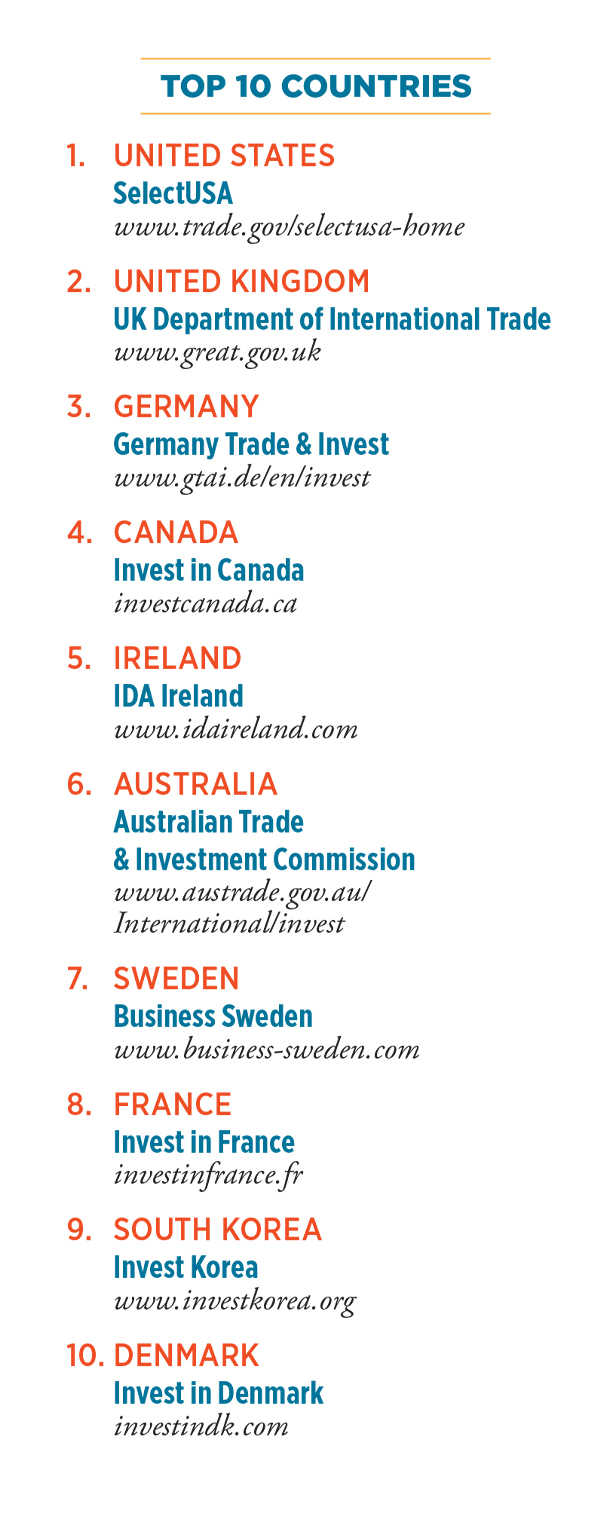
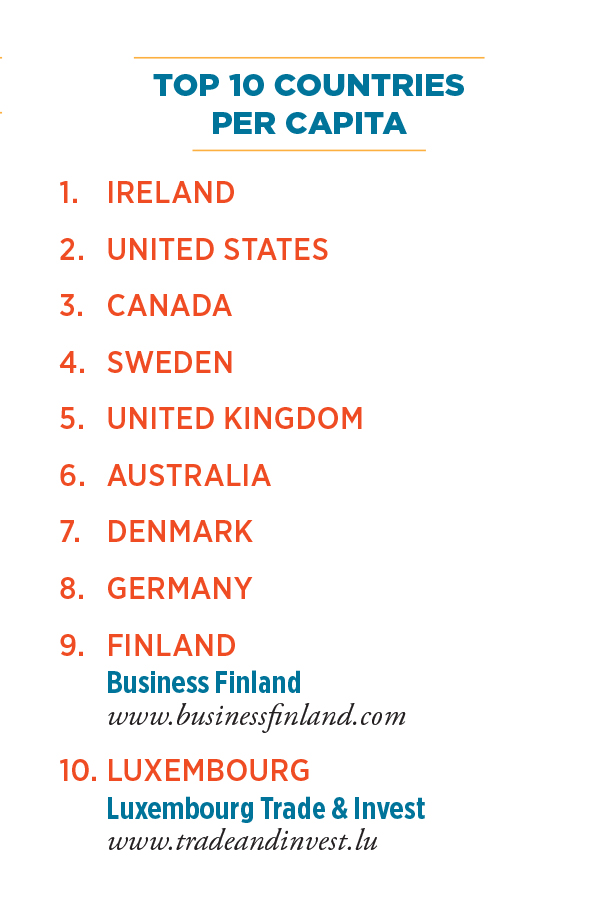
Global Best to Invest country-level methodology and sources: Conway Projects Database projects and project-related capex and job creation 2022-2023; country ranks in DHL 2024 Global Connectedness Index, Milken Institute Global Opportunity Index 2024; WIPO Global Innovation Index 2023; OECD Inward FDI Report 2023; IMD World Competitiveness Rankings; United Nations 2023/24 Human Development Index

“The world is at a record high level of globalization despite geopolitical conflict and policy headwinds,” said Steven Altman at a March 2024 press conference announcing the results of DHL’s annual Global Connectedness Index. Altman is senior research scholar and director of the DHL Initiative on Globalization at NYU Stern’s Center for the Future of Management.
“Deglobalization is still only a risk, not a current reality,” he wrote in the new report, where data show persistent increases in globalization of investment, trade, information and people. “Geopolitical threats and public policy shifts have led many to predict a fracturing of the world economy along geographic or geopolitical lines, or even a retreat from international to domestic business. But the latest data still show that international flows are growing and very few countries are cutting ties with their traditional counterparts. It is important to recognize the resilience of global flows because a lopsided focus on the threats to globalization could make deglobalization a self-fulfilling prophecy.”
Site Selection’s annual Global Best to Invest overall and regional rankings of countries this year for the first time incorporate DHL’s Global Connectedness Index data in an index that also includes data sets from such organizations as IMD, OECD, the UN, WIPO and Milken Institute in addition to Site Selection’s own project data from the Conway Projects Database. A separate methodology has helped us determine the top 10 metro areas globally and top five by world region. The USA, UK and Germany top countries overall. Ireland tops the per-capita country rankings. Seoul, Shanghai and Sydney lead the international metro rankings (outside North America, as Site Selection’s U.S. and Canadian rankings in other issues address these countries’ leading territories).
The findings resonate with those of Kearney’s 2024 Foreign Direct Investment (FDI) Confidence Index, released in early April, which found the United States, Canada and China in the top three spots. Moreover, Kearney’s corporate survey respondents found that “a striking 88% said they were planning to increase their FDI in the next three years — 6% more than last year. Furthermore, 89% said they regarded FDI as more important to their corporate profitability and competitiveness in the next three years — up from 86% last year.”
The evidence, in other words, still supports a tendency toward optimism and openness. Far from “don’t look up,” growing companies continue seeing things looking up in more places than you might expect.
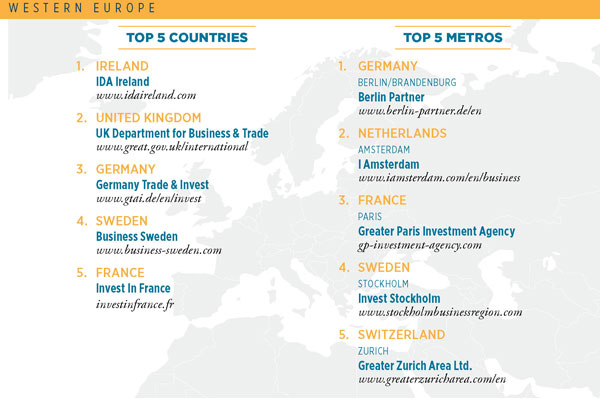
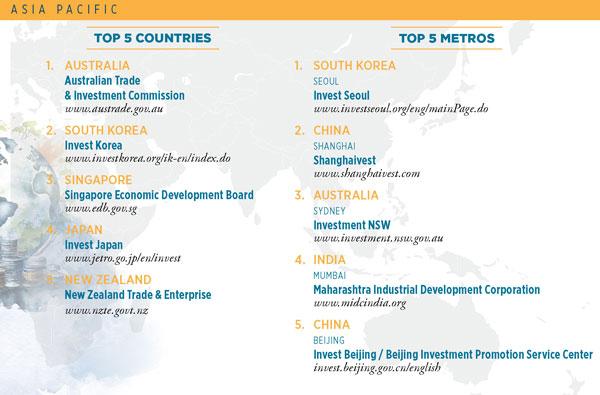
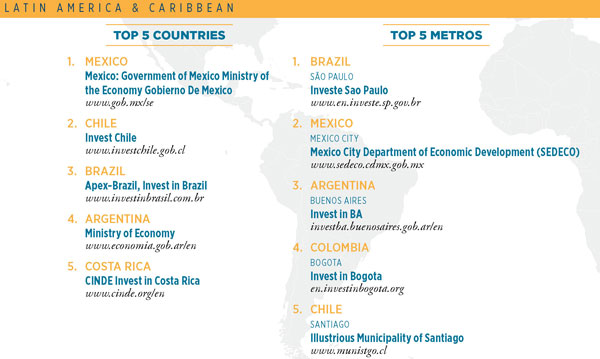
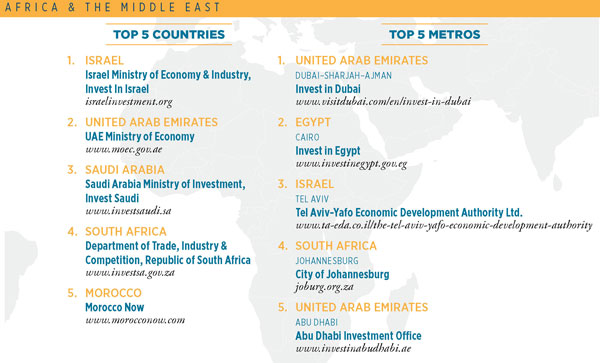
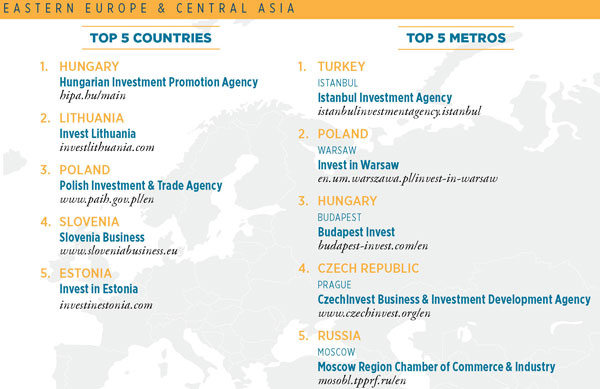
Global Best to Invest city methodology: Conway Projects Database project data project data outside the U.S., 2019 – 2023; Kearney 2023 Global Cities Report; Global Power City Index 2023, Mori Foundation; IMD Smart City Index 2023; Global Startup Ecosystem Report 2023, Startup Genome; Startup Blink Global Startup Ecosystem Report 2024
